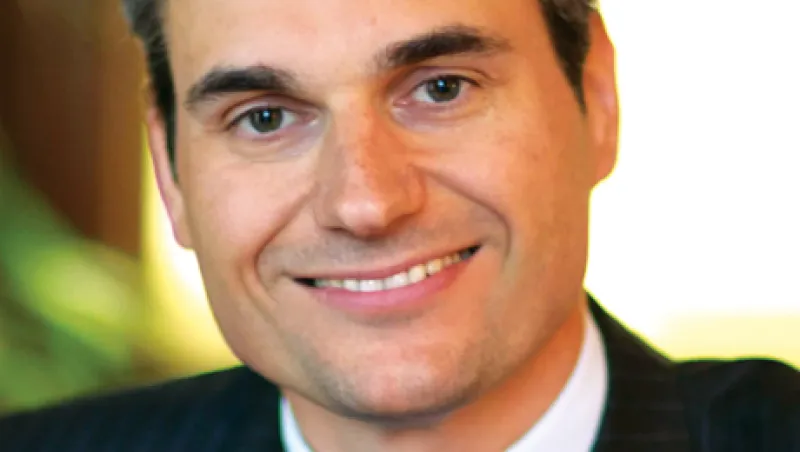
As Investors Rethink Private Equity, Start-Up Searchlight Bucks the Trend
Plagued by controversies ranging from poor transparency to allegations of price-fixing, the private equity industry is having a tough time raising funds. One exception is London-based Searchlight Capital Partners.
Julie Segal
November 14, 2012



